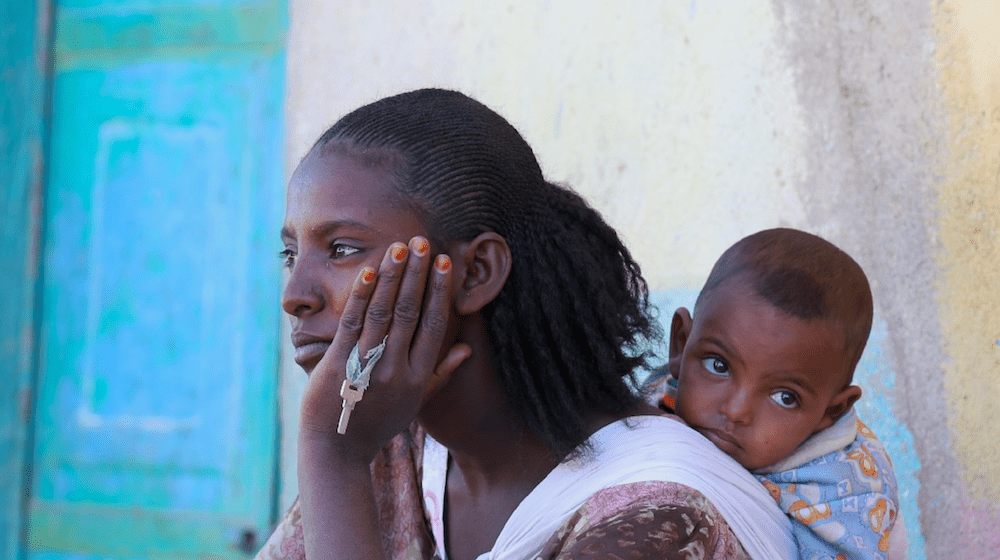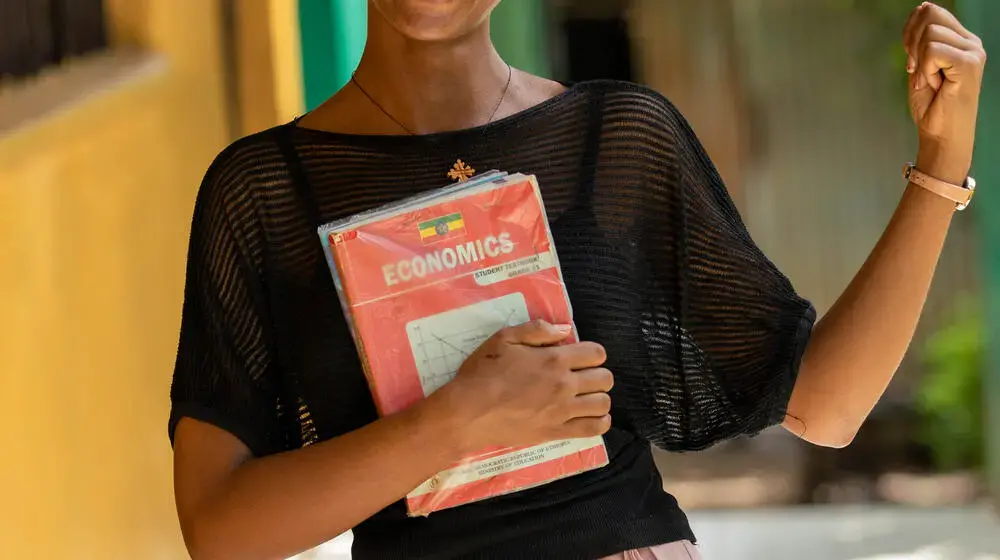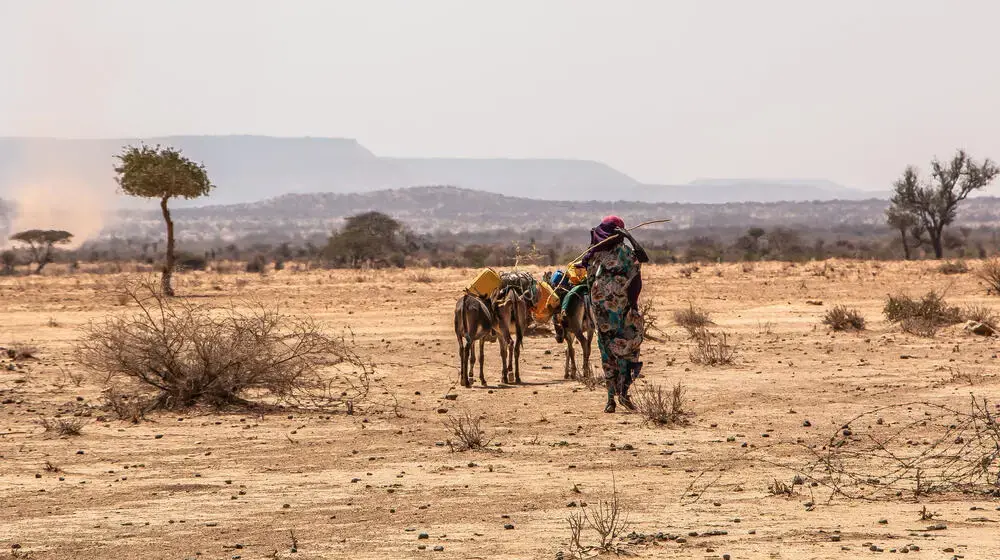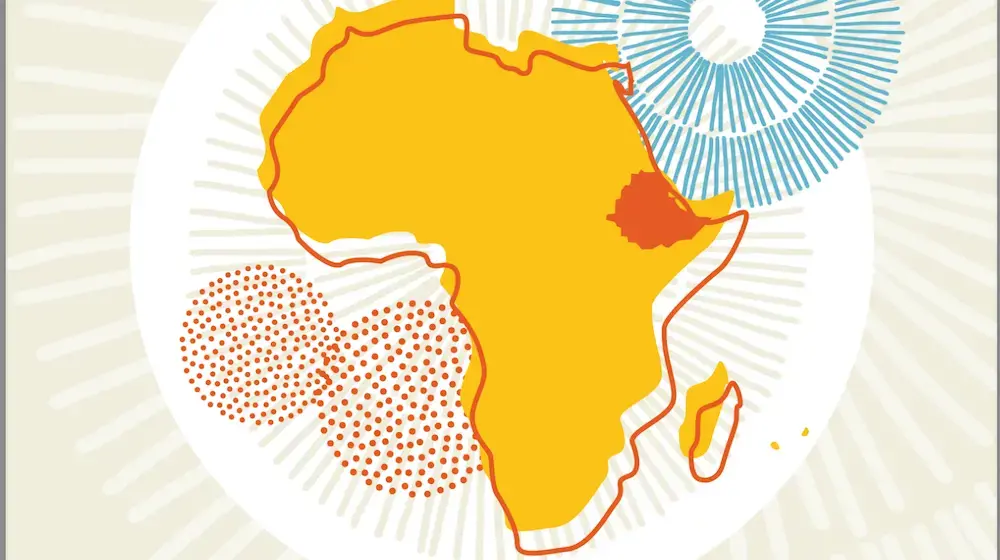Grinding conflict, climate shocks including drought and floods and the impacts of COVID-19 have left more than an estimated 25 million people in need of humanitarian assistance. Across the country, more than 4.2 million people are displaced – one of the largest displaced populations in the world.
In November 2020, conflict between federal and regional forces erupted in Tigray in northern Ethiopia, with fighting spreading to the neighbouring regions of Amhara and Afar. By 2021, more than 2.1 million people had been displaced in northern Ethiopia, with thousands fleeing to surrounding countries including Sudan.
In southern and southeastern Ethiopia, unrelenting drought has devastated the livelihoods of at least 7 million livestock farmers and crop producers in Somali, Oromia and Southern Nations, Nationalities and Peoples’ (SNNP) regions, deepening food insecurity and malnutrition.
Women and girls are paying a high price in the conflict and in crisis-affected regions. Extensively damaged and destroyed health facilities and a shortage of medical supplies and health-care providers – many of whom have been displaced by the hostilities – has severely disrupted access to sexual and reproductive health services. Availability of maternal health care, including emergency obstetric care to address life-threatening pregnancy complications, has been critically compromised. And comprehensive services including psychosocial support for survivors of gender-based violence have eroded.
UNFPA is on the ground delivering life-saving health and protection services to women and girls across eight regions of Ethiopia. Our humanitarian response prioritizes women and girls’ sexual and reproductive health including comprehensive medical and psychosocial support for survivors of sexual and physical violence.
Working with partners, particularly women-led organizations, UNFPA is helping build capacity to respond to these urgent needs. The agency has delivered reproductive health kits containing essential medicines, equipment and supplies, including to support safe births and the clinical management of rape, as well as personal protective equipment (PPE) for frontline health-care workers during the ongoing COVID-19 pandemic.
In 2021, more than 100 health professionals and 10 Mobile Health Teams were deployed to strengthen maternal and sexual and reproductive health provision across 175 emergency-affected health facilities, providing critical services to more than 1 million people in the most underserved areas.
As humanitarian needs increase across the country, scaling up the response to the particular and growing needs of already vulnerable women and girls including those who are pregnant and at risk of violence grows ever more crucial.





